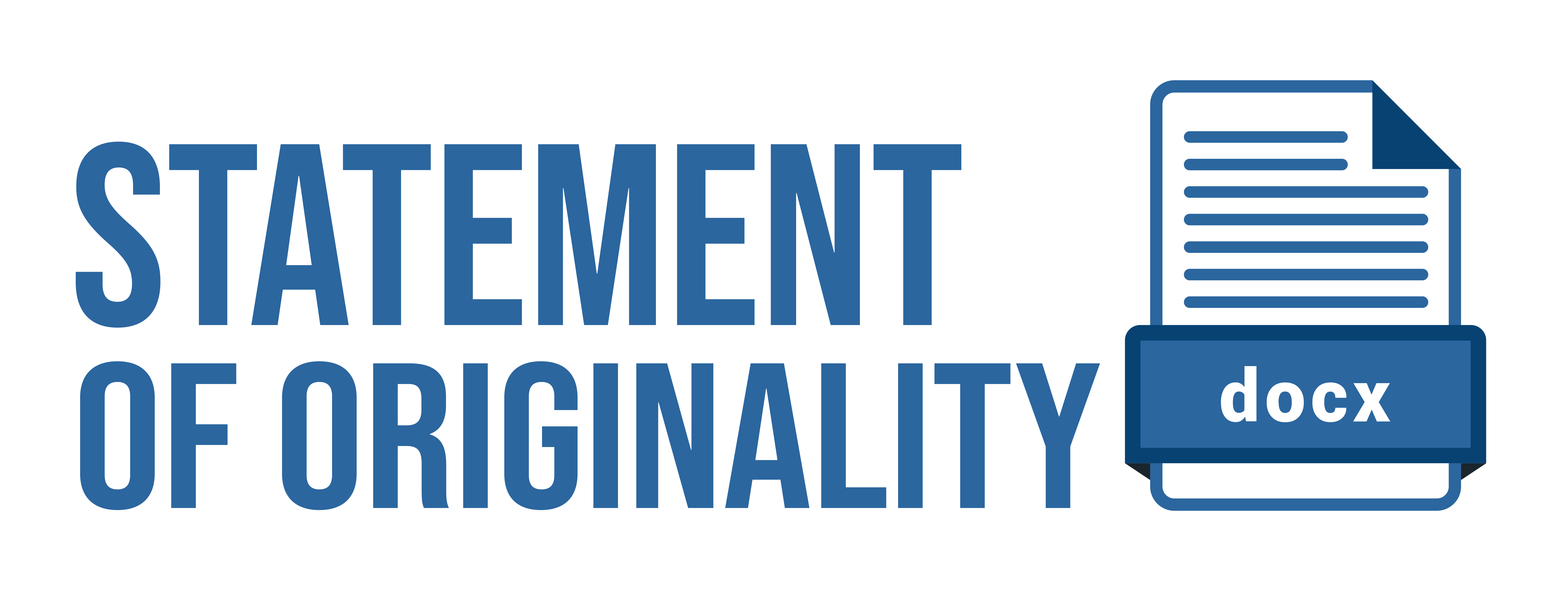ARBITRASE SEBAGAI ALTERNATIF PENYELESAIAN SENGKETA EKONOMI SYARIAH MENURUT UNDANG-UNDANG NOMOR 30 TAHUN 1999
DOI:
https://doi.org/10.15575/as.v16i2.630Abstract
This paper describes the arbitration as an alternative dispute resolution in Shariah economy. Dispute resolution in general civil religion has resolved through litigation in
the religious courts that refer to Article 49 of Law Number 7 of 1989 Jo. Law Number 3 of 2006 Jo. Law Number 50 of 2009 on the Religious Courts. However, there are some interesting cases, one of which is the Islamic economic disputes could be resolved through non-litigation or arbitration process, which refers to the Law No. 30 Year 1999. Now, the Shari'ah economic dispute resolution becomes the object of this study which interesting to study both theoretically and practically, not only because the case is to be part of the absolute authority of religious courts, but also becomes a new knowledge in the field of Islamic Jurisprudence
the religious courts that refer to Article 49 of Law Number 7 of 1989 Jo. Law Number 3 of 2006 Jo. Law Number 50 of 2009 on the Religious Courts. However, there are some interesting cases, one of which is the Islamic economic disputes could be resolved through non-litigation or arbitration process, which refers to the Law No. 30 Year 1999. Now, the Shari'ah economic dispute resolution becomes the object of this study which interesting to study both theoretically and practically, not only because the case is to be part of the absolute authority of religious courts, but also becomes a new knowledge in the field of Islamic Jurisprudence
Downloads
Published
2014-08-31
How to Cite
Muhibuthabary, M. (2014). ARBITRASE SEBAGAI ALTERNATIF PENYELESAIAN SENGKETA EKONOMI SYARIAH MENURUT UNDANG-UNDANG NOMOR 30 TAHUN 1999. Asy-Syari’ah, 16(2), 99–112. https://doi.org/10.15575/as.v16i2.630
Issue
Section
Articles
Citation Check
License
The author whose published manuscript approved the following provisions:
- Authors retain copyright and grant the journal right of first publication with the work simultaneously licensed under a Attribution-ShareAlike 4.0 International (CC BY-SA 4.0) License that allows others to share the work with an acknowledgment of the work's authorship and initial publication in this journal.
- Authors are able to enter into separate, additional contractual arrangements for the non-exclusive distribution of the journal's published version of the work (e.g., post it to an institutional repository or publish it in a book), with an acknowledgment of its initial publication in this journal.
- Authors are permitted and encouraged to post their work online (e.g., in institutional repositories or on their website) prior to and during the submission process, as it can lead to productive exchanges, as well as earlier and greater citation of published work (See The Effect of Open Access).






